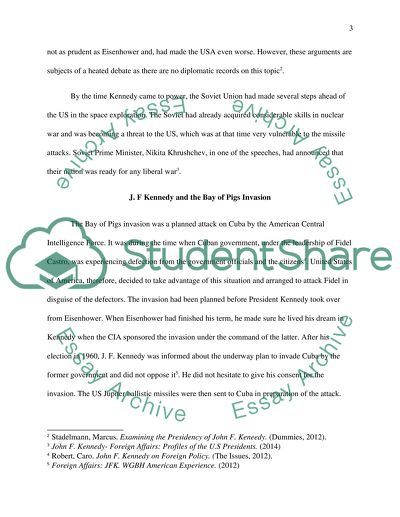Cite this document
(“Case study about John F kennedy and the bay of pigs , cuban missile”, n.d.)
Retrieved from https://studentshare.org/social-science/1661455-case-study-about-john-f-kennedy-and-the-bay-of-pigs-cuban-missile-crisis
Retrieved from https://studentshare.org/social-science/1661455-case-study-about-john-f-kennedy-and-the-bay-of-pigs-cuban-missile-crisis
(Case Study about John F Kennedy and the Bay of Pigs , Cuban Missile)
https://studentshare.org/social-science/1661455-case-study-about-john-f-kennedy-and-the-bay-of-pigs-cuban-missile-crisis.
https://studentshare.org/social-science/1661455-case-study-about-john-f-kennedy-and-the-bay-of-pigs-cuban-missile-crisis.
“Case Study about John F Kennedy and the Bay of Pigs , Cuban Missile”, n.d. https://studentshare.org/social-science/1661455-case-study-about-john-f-kennedy-and-the-bay-of-pigs-cuban-missile-crisis.


